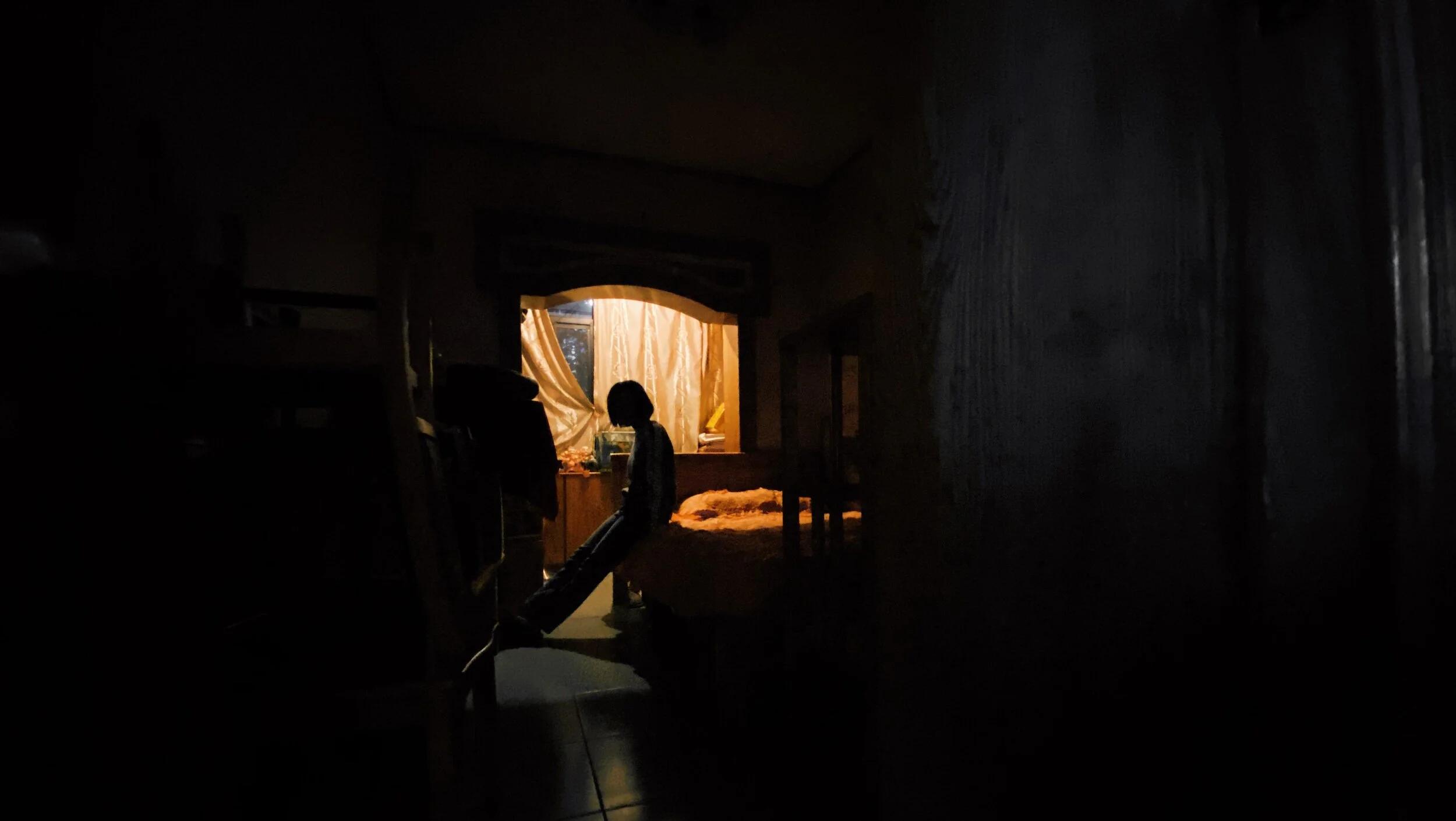
Noreen Ocampo
Flimsiness, Litmus Tests, & Zoom Therapy
The first time I mustered the courage to step into a therapist’s office was during the spring of my sophomore year of college. I remember the orange lamplight of the otherwise dim room, the aqua-colored tissue box I’d stare at while answering questions, the way my obnoxiously flowery backpack crumpled on the floor.
I’m codependent, I had said, probably. I don’t know how to connect with people anymore. Everything is more difficult than it should be. I’m scared. I’m scared. I’m scared.
Have you considered your mother? was a question I was often encouraged to contemplate. And I see on the form, your sexuality— is that something you want to talk about?
No, I said. No.
I remember many daunting silences where I failed to find the words.
After being sent home two months later due to the mounting pandemic, I decided to discontinue my appointments. The thought of quietly spilling the flimsiness of my heart, only for my mother to Swiffer past my bedroom door and overhear just how flimsy I am— it was too much. Thank you, I said in an email to my therapist. I think I’ve learned how to deal with this on my own.
Soon enough, I realized how intensely I had lied, how this was something I had barely begun to acquaint myself with.
I’m not sure I can adequately describe how I began to feel because 1) my tendency to force forgetfulness on less-than-beautiful times and 2) I thankfully have not felt that way in a while. One of the college memories I’ve retained in the most detail is the afternoon during my freshman year that I ugly-cried in my dorm room after not being able to speak in French class despite having the language and intent and running through numerous in-my-head rehearsals. And yes, this is part of the flimsiness I mentioned earlier — the flimsiness that I’d grown so tired of letting people see and still so tired of hiding — but for lack of a better description, I began to feel like this all the time.
As the fall semester of my junior year started, there was something about watching myself fumble in my little Zoom rectangle all day long, something about feeling the distance between myself and people I cared about stretch and stretch and snap, something about lying awake at night, wondering what mystical force could be shaking my bed and realizing the answer was simply my heart’s relentless rhythm. The truth was that the hope I once had for myself as a high school senior, waiting on college decisions and believing I would receive golden news that would transform me into someone worth being proud of, had drained of its incandescence ages ago.
In a melodramatic prose poem I no longer like, I took the heaviness of my hopelessness and tried to make the weight beautiful:
I am eggshells uselessly crumbled into a pot...no matter how earnestly the sun burns to bleach me back into something beautiful... I cough up everyone who has ever loved me & cross-pollinate their names into nonexistence... Somewhere in between, I watch myself decay & decay.
But hopelessness is not beautiful. Forgetting how to love yourself is not beautiful, and neither is forgetting everyone who loves you.
— p. 1/3